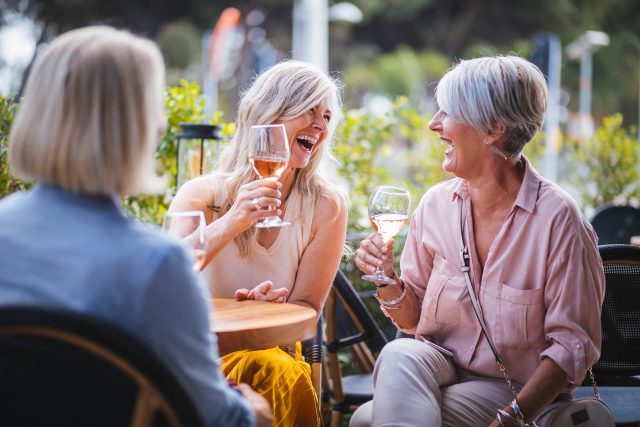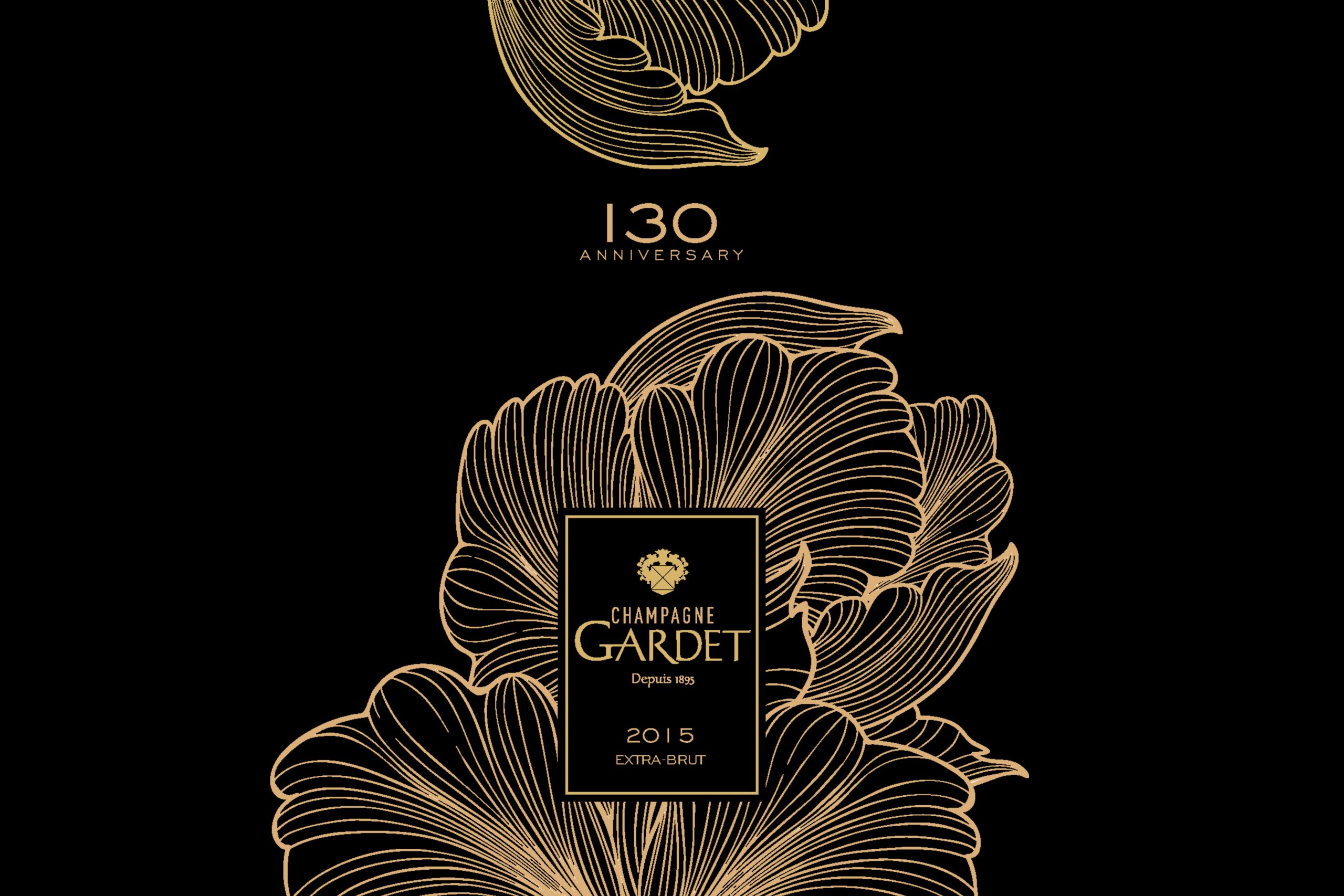Women ‘more likely’ to choose wine with ‘feminine’ labels
By James EvisonWomen are more likely to buy wine that has female gender cues, according to new research by Washington State University.

The findings, which have been published in the International Journal of Hospitality Management, also discovered that the more strongly participants identified with other women — a concept called ‘in-group identification’ — the effect became greater.
A ‘feminine’ label also influenced their expectation that the wine would be a better product. According to report author Ruiying Cai, the male-dominated field of winemaking should pay attention to the understudied group of female consumers of wine, who make up almost 60% of consumers in the US.
It comes as researchers have become increasingly aware that the reactions of marketing and communication of wine by female consumers has not been deeply studied — despite the group’s significant purchasing power.
Studies
In order to discover the effects of gender cues on wine labels, two online experiments were undertaken, and one field test, to see how women reacted to feminine versus masculine wine labels. The study accepted disputed gender stereotypes, historical issues around gender, as well as social and structural issues, around ‘femininity’ and what is classified as ‘masculine’ and ‘feminine’.
In the initial test, a group of 90 women rated wine labels as ‘more masculine’ when featuring animals such as wolves and stags, as well as featuring portraits of men. On the other hand, where wine bottles featured ‘cute’ animals, flowers, and female portraits, they said these labels are more ‘feminine’. Labels which contained castles or grape bunches were seen as neutral.
In the two following online tests, women were then shown fictitious wines with labels designed to the ascertained gendered cues. The participants were more likely to buy wines with the designated ‘feminine’ labels, such as a woman holding flowers, as opposed to the ‘masculine’ label, in this specific case a bulldog with a spiked collar.
They were then asked about their expected sensory experience, and, relating to the more ‘feminine’ labels, participants rated them higher in terms of colour, taste, aroma and after-taste.
More research
As a result of the study, the researchers have called for more to be done to understand female consumers in the hospitality field, and how to apply gender.
Partner Content
The findings also offer important insight into wine marketing, and provides “substantial practical implications” for the wine industry, it said. This was especially important as the wine industry has been male-dominated, with 82% of US winemakers being male as of 2021.
The study claimed that “for decades” wine labels were “rather plain” with large font names and “sometimes an illustration of a castle or vineyard”. This “lag in appealing” to women consumers may “hurt wine sales” — especially when considering that women depend on wine labels more than men to make a wine selection.
It also highlighted that nearly 80 % of consumers said their wine purchases are based mainly on wine labels such as colour and illustration.
Large group
Cai said: “When you look at the market segments, women are actually purchasing a lot of wine. They are a large group.
“We found that feminine cues speak to women consumers. They have more favourable attitudes toward the label and the wine itself. They were also expecting their overall sensory experience to be better, and they were more likely to purchase the wine.”
Co-author Christina Chi, a professor at WSU’s Carson College of Business, said regardless of whether they are “knowledgeable or less knowledgeable about wine” when shown feminine cues, “they had a higher intention to buy the wine”.
Chi said: “The gender cue influence was so strong, it trumped the effect of that knowledge.
“When designing the labels, winemakers should involve more women in the process, and it’s highly advisable to pilot test the labels among consumers for gender cues.”
Related news
Will white wine be central to Burgundy's future success in Asia?




